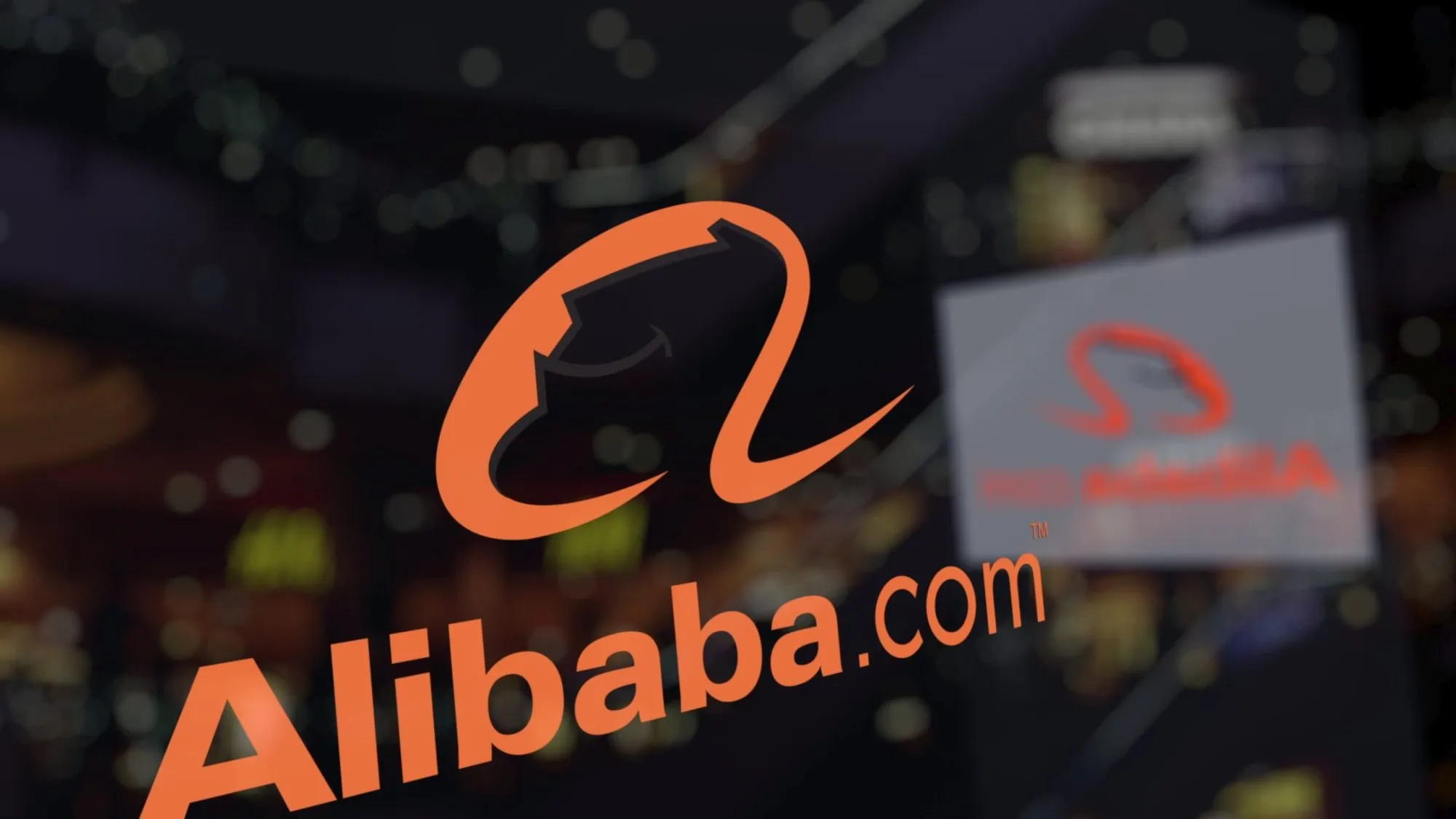Alibaba Group Holding Ltd. shares surged nearly 15% after reporting a strong jump in AI-driven revenue, signaling the company’s growing dominance in China’s rapidly evolving tech landscape. The rally underscores how Alibaba is positioning itself as a key player in the nation’s post-DeepSeek artificial intelligence boom.
On Friday, the e-commerce giant revealed triple-digit percentage growth in AI-related product revenue, alongside a better-than-expected 26% increase in its cloud computing division, the segment most directly tied to the AI revolution.
These gains helped calm investor concerns over intensifying competition in online retail. Alibaba’s stock posted its biggest intraday gain in Hong Kong since February, even as overall revenue rose just 2% and operating income unexpectedly declined.
Alibaba’s rapid strides in artificial intelligence an area where it remains among China’s frontrunners overshadowed worries about an escalating price war with JD.com and Meituan in the food delivery and instant commerce markets.
This three-way battle has proven more costly than expected for China’s internet titans. JD.com reported its quarterly profit had been cut in half, while Meituan warned of steep losses, sparking a $27 billion market value wipeout across the three firms last week.
For investors, Alibaba’s focus on AI explains why its stock has outperformed its commerce-heavy rivals this year. The company has also leaned on its international e-commerce portfolio, which includes global names like Lazada and AliExpress, to drive growth beyond its home market.
“Alibaba has the strongest AI adoption strategy in China,” analysts at Morgan Stanley, led by Gary Yu, noted in a recent report. They added that losses tied to quick commerce and meal delivery should hit their peak this quarter, paving the way for improved margins.
The big question now: Will Alibaba continue to engage in margin-eroding price competition, even as it pours record sums into AI research and infrastructure?
On Friday, Jiang Fan, head of Alibaba’s commerce division, defended the company’s investment in quick commerce, which includes instant shopping and food delivery. These efforts have already boosted user activity on the Taobao platform by 20%, he said. The new division has scaled up rapidly over the past four months and is nearing a point where it can benefit from economies of scale, Jiang added.
At the same time, Alibaba is doubling down on AI development, building large language models to maintain its competitive edge in the global AI race. The company sees artificial intelligence as core to its future strategy, spanning everything from cloud computing solutions to innovative consumer services that could challenge industry leaders like OpenAI and DeepSeek.
In fact, CEO Eddie Wu declared earlier this year that artificial general intelligence (AGI) is now Alibaba’s primary long-term goal.
Just last week, Alibaba upgraded its open-source video generation model, part of a wave of new releases ranging from agent-based AI tools to advanced chatbots. These developments signal Alibaba’s commitment to staying ahead in an intensely competitive field.
Still, the big question remains: Can Alibaba turn its AI innovations into a significant profit engine?
The challenge is fierce. Major Chinese tech rivals from Baidu to Tencent are rolling out their own AI models at breakneck speed, creating an environment where leadership depends on both innovation and monetization. For Alibaba, success in AI is not optional it’s critical to its long-term dominance.
Alibaba’s AI momentum has given investors a fresh reason for optimism, even as its core e-commerce business faces heavy pressure from discount wars. With strong cloud growth, aggressive AI investments, and a renewed push into international markets, the company is betting big on technology as the next growth engine. The next test will be proving that all this innovation can translate into sustainable profits.

Subscribe to our newsletter!
As a leading independent research provider, TradeAlgo keeps you connected from anywhere.








